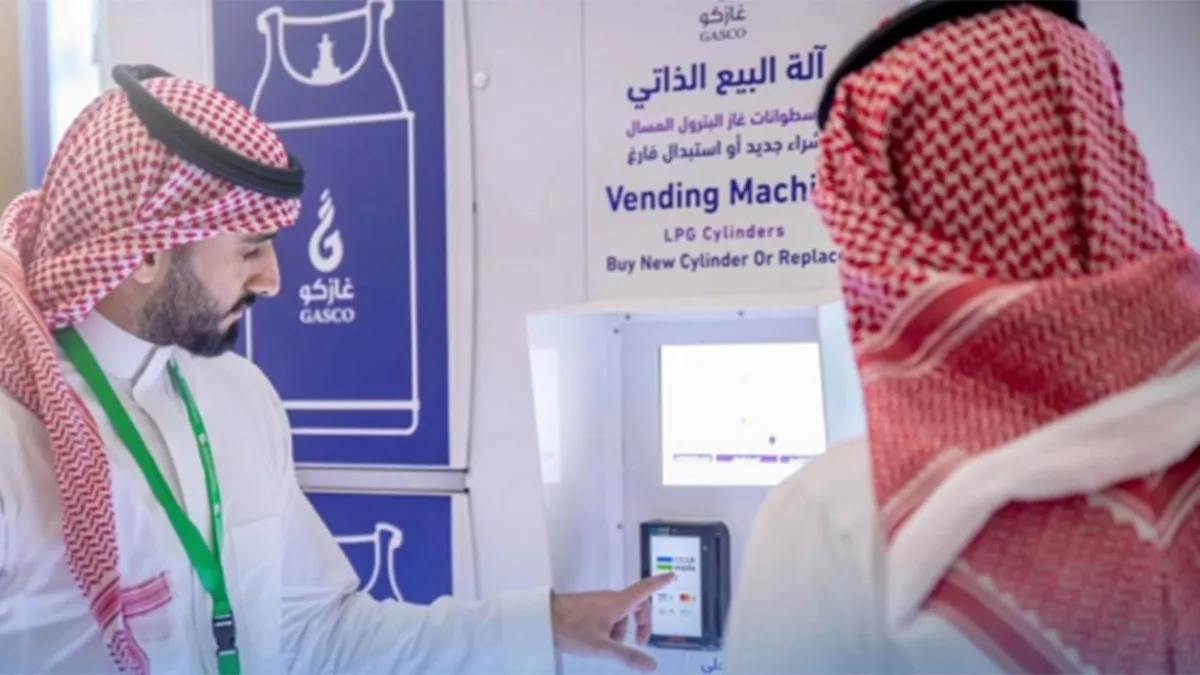Saudi Arabia announced the rules regulating the relationship between service providers and consumers with regard to the distribution and sale of LPG
17 May 2023
News
Regarding the distribution and sale of liquid petroleum gas (LPG), often known as cooking gas, Saudi Arabia published the laws governing the interaction between service providers and customers. A handbook outlining the methods and terms and conditions for the distribution and sale of LPG, which relies increasingly on self-service and electronic services, was released on Saturday by the Ministry of Energy.
It is notable that the executive rules, organisational regulations, and guidance for the provision of service for the dry gas distribution system and LPG for residential and commercial uses were released by the government at the beginning of this month. This was done in part to promote investment in these ventures and to further the nation's development and public interest objectives.
All retailers selling LPG cylinders, including stores, cages, and self-service vending machines, must follow the new rules. The regulations provide that the service provider must notify customers of any changes to the cost of services or goods and offer choices for paying electronically, using point-of-sale equipment, the SADAD system, or any other electronic payment method.
The guidance states that the gas cylinder retail service provider must provide all cylinder types that have been approved. They must make sure the cylinders are sound, clean, and have a sealed valve, and they must sell them in accordance with the established tariff so that customers can see the costs of other goods and services.
Additionally, the service provider must offer clear Arabic and English instructions on how to use the self-service cylinder and cage vending devices as well as information about operating hours. From the time the proposal is accepted, this must be implemented in no more than six hours.
The service provider shall enable the customer to track the status of the order, communicate with the representative, and prepare procedures to deal with orders that could not be delivered while providing payment options by all approved payment methods, including points of sale devices, cash, and electronic payment. This is true while performing the cylinder delivery service, which includes loading and unloading.
The advice states that the service provider must follow the rules governing the issuing of bills, the collection of payment for services, and that the invoices are compliant with all applicable laws and regulations. The customer must receive the invoice in person, by text message, or via email.
The schedule for service delivery by retail gas cylinder stores was defined in the handbook. With the exception of the vending machines, which must run continuously throughout the day, these requirements stipulate that the stores and cages must be open seven days a week and for a minimum of 12 hours each day. According to the guidance, the service provider must accept complaints made via electronic applications about the retail petrol cylinder delivery service, offer the necessary channels, and address them within a time frame of no more than five working days. The service provider must inform the customer in writing of the outcome through text message or electronic message, and the procedures must be carried out in line with an electronic system where all stages are to be recorded and retained.
The service provider is required to give the customer the complaint's reference number, let him know through text or email when the issue will be resolved, and track consumer complaints every three months to ensure they are addressed and don't come up again.
The guidance set forth some standards with regard to the duties owed by the wholesale service provider to the customer. The importance of compensating the customer for any damage to the tank, its accessories, or property caused by the service provider stands out among them. Additionally, any money left over after paying for the service must be returned to the customer within seven working days or left in his account.
